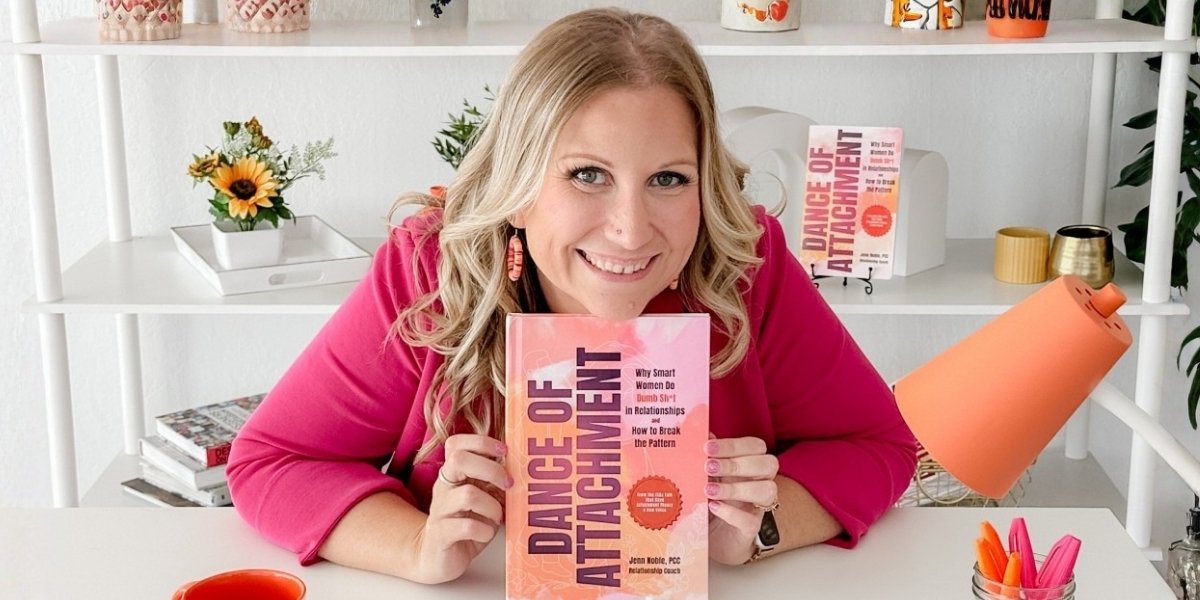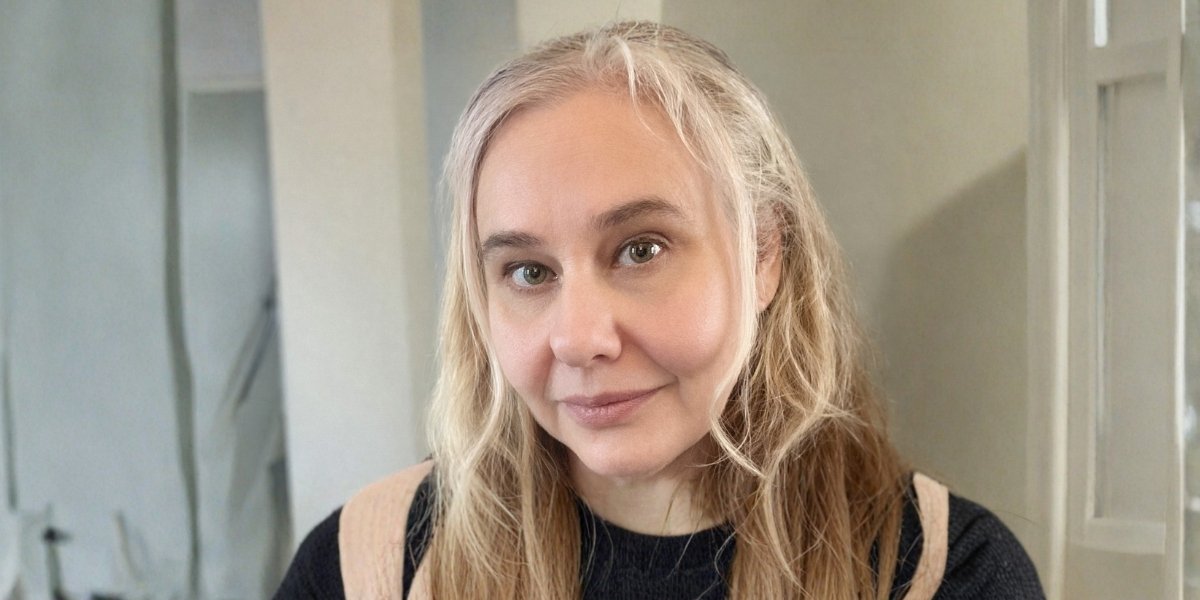By: Evelyn Marris
By the time most people start thinking about sustainability, Albin Kaelin has already spent decades redesigning it. Not as a corporate checkbox or green branding tactic—but as a deep-rooted, system-level shift that redefines the way we design, manufacture, and consume.
In his groundbreaking 2024 book, From Rebel to Radical Innovator: Leading the Transformation Through Circularity, Kaelin offers more than a philosophy—he delivers a field-tested, industrial-strength blueprint for creating closed-loop systems that eliminate waste and regenerate value. But his mission began with something far more personal: a pen.
“I’m left-handed,” Kaelin recalls. “But in school, I was forced to write with my right hand. I asked why—and got no answer. That moment taught me a lifelong lesson: never accept anything whose sense I do not understand.”
It’s this refusal to accept senseless norms—whether in education or in industrial design—that has propelled Kaelin’s life’s work. When he first encountered the Cradle to Cradle® (C2C) design framework, which emphasizes circular materials, clean energy, and social fairness, he instantly recognized its resonance with his personal values.
“It made klick,” he says. “I knew immediately what to do. Cradle to Cradle gave me the roadmap to build what I had only imagined before.”
That vision has since materialized into one of the most respected sustainability portfolios in Europe. As CEO of epeaswitzerland GmbH and former head of Rohner Textil AG, Kaelin helped pioneer the first C2C-certified textiles and has consulted dozens of companies toward transforming their supply chains and product design.
But he makes it clear: change didn’t come easily—and it still doesn’t.
“Convincing traditional industries was and remains extremely challenging,” Kaelin admits. “It’s contradictory. The systems are built for linear production—take, make, waste. You have to speak their language, understand their culture, and slowly guide them toward seeing things differently.”
His approach centers on personal connection and patience. Rather than lecture or impose, Kaelin works with individual managers, helping them evaluate the C2C philosophy through their own personal and professional lens.
“If they can judge for themselves that it makes sense, that’s where the motivation comes. Then we work toward a pilot project. That becomes the proof of concept,” he explains.
Still, the path from awareness to transformation isn’t a straight line. In From Rebel to Radical Innovator, Kaelin identifies one major roadblock: fear of change. For many companies, the transition to circular systems is perceived as risky, costly, and complex. Kaelin argues that this perception can only be overcome through what he calls “Building a Network of Trust.”
“You need to balance the perceived risks with the visible opportunities. That’s why building trust—not just between consultant and client, but across entire ecosystems—is so important,” he says.
It’s a method that seems to be working. Over the past few years, Kaelin has received more than 30 awards recognizing his leadership and innovation in sustainability—including repeated honors as Best CEO of the Year and Most Innovative CEO of the Year from the CEO Today Europe Award and Business Worldwide Magazine CEO Awards.
Yet for Kaelin, the significance of these awards goes beyond personal achievement.
“The recognition isn’t really about me,” he says. “It shows that circularity and regeneration are no longer fringe ideas. They’re being recognized as essential. That means the world is waking up.”
And not just governments and corporations. The public, too, plays a pivotal role. For decades, Kaelin notes, retailers—the main bridge between producers and consumers—resisted sustainability efforts. But in the age of digital transparency, consumers are better informed and increasingly vocal.
“The power of the consumer has never been greater,” Kaelin observes. “With digital tools, they can demand accountability. We’re seeing retailers like Migros in Switzerland finally embrace this shift.”
Still, Kaelin cautions that we’re far from the finish line. “We are still at the beginning. The impact needs to grow quickly. Large corporations still resist—they want to shape circularity on their own terms, often to preserve outdated systems.”
That ongoing struggle leaves Kaelin feeling, at times, like the underdog. “It still feels like David versus Goliath,” he admits. “But David was precise. Strategic. And he had truth on his side.”
What keeps Kaelin motivated after more than 25 years of pushing against inertia? A commitment to principles—and a clear moral compass. His leadership mantra is simple but unflinching: “Innovation and leadership are the only survival strategies.” He adds, “If you compare, you start to compromise.”
In other words, don’t water down your vision just to fit in. Stay the course. Be consistent. Let your work speak for itself.
That ethos runs through every page of From Rebel to Radical Innovator, a book that blends strategy, storytelling, and ethics into one cohesive call to action. It’s not written for the sustainability elite—it’s written for decision-makers, frontline designers, curious consumers, and anyone who believes the way we produce and consume must—and can—change.
As Kaelin puts it, “We’re not just talking about saving the environment. We’re talking about redesigning systems to make more sense—for people, for business, and for the planet.”
And for those looking to join this movement? It starts by questioning the systems that no longer serve us—and daring to build better ones.
To explore Albin Kaelin’s circular economy idea, visit book.epeaswitzerland.com or find his book on Amazon.













